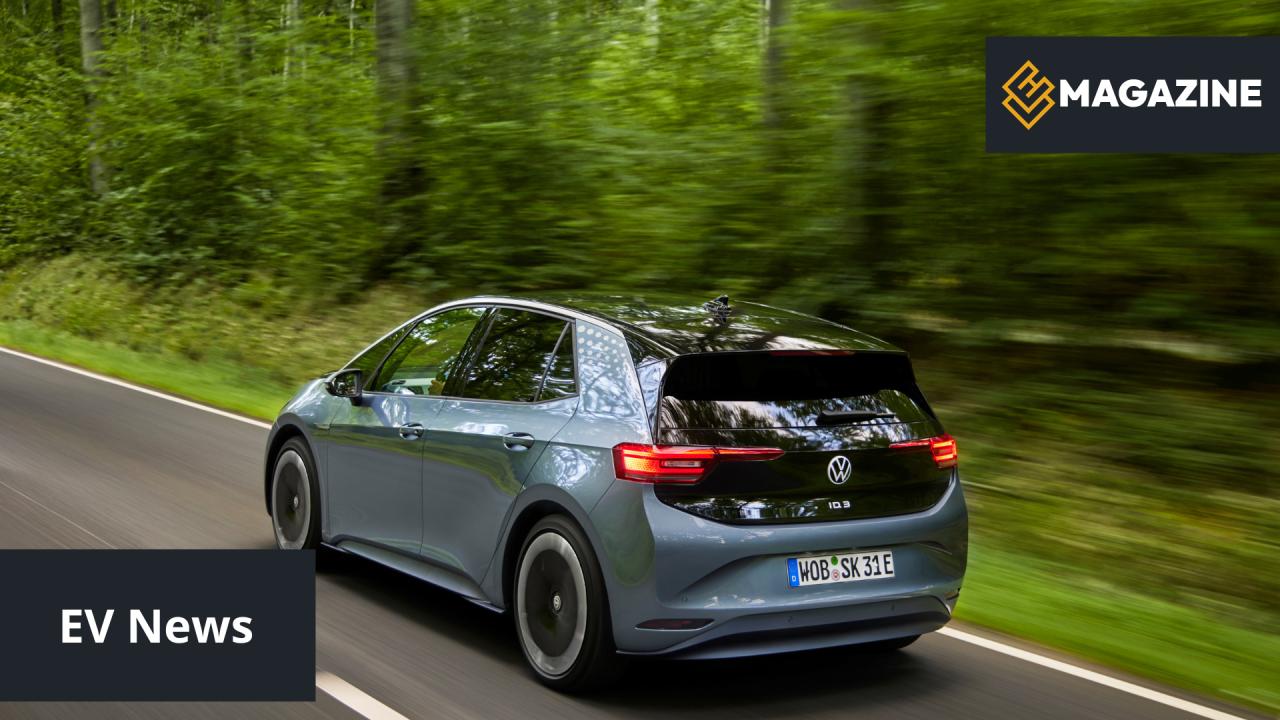The collaboration was intended to give Volkswagen access to Rivian's highly-praised electrical architecture and software platform, accelerating the German giant's transition to a new generation of software-defined vehicles (SDVs). For years, VW's own software division, CARIAD, has been plagued by massive financial losses, persistent bugs, and significant product delays, which have impacted key models from Audi and Porsche. The deal with Rivian was seen as a critical lifeline.
The Core of the Problem: Integration and Culture Clash
Reports suggest that the core issues stem from the immense challenge of integrating two fundamentally different software and hardware ecosystems. Rivian's platform, built from the ground up with a "clean-sheet" approach, contrasts sharply with Volkswagen's legacy systems, which are a complex web of components from hundreds of different suppliers.
"We were supposed to build the future, but we spent all our time fighting fires with the old systems," one source familiar with CARIAD's past struggles noted. It appears this pattern is repeating, as engineers grapple with merging Rivian’s nimble, centralized architecture with the deeply embedded, decentralized structures within the Volkswagen Group's brands.
Beyond the technical aspects, a clash of corporate cultures is also being cited as a significant hurdle. The agile, startup mentality of Rivian is running up against the more traditional, process-driven bureaucracy of a global automotive titan like Volkswagen. This friction is said to be slowing down decision-making and hindering the rapid progress both parties had hoped for.
A Lesson from a Bygone Era: The Ford Focus
The current software quagmire stands in stark contrast to an era when automotive success was defined by mechanical excellence. A prime example is the original Ford Focus, which debuted in Europe in 1998. It was a vehicle that set a new standard not with code, but with engineering ingenuity.
Replacing the long-running Escort, the first-generation Focus was a sensation. Its sharp "New Edge" design was a radical departure from the conservative styling of its rivals. However, its true masterstroke was its innovative "Control Blade" independent rear suspension. This system provided superior handling and ride comfort that was unmatched in its class, making a mainstream family hatchback genuinely fun to drive. The Focus was a "world car" that demonstrated Ford's ability to execute a unified, global platform with mechanical precision, earning it the European Car of the Year award in 1999 and cementing its place as a bestseller for decades.
What's at Stake for Volkswagen?
For Volkswagen, the stakes could not be higher. A failure to right the ship with the Rivian joint venture would be a catastrophic blow to its electric vehicle ambitions. The group needs a stable, advanced software platform to power the next generation of vehicles for all its major brands, including Audi, Porsche, and the core VW line.
With agile competitors like Tesla and a host of aggressive Chinese EV makers rapidly advancing their software capabilities, Volkswagen is running out of time. The success or failure of this transatlantic partnership will likely define the German automaker's position in the global automotive landscape for the next decade.

